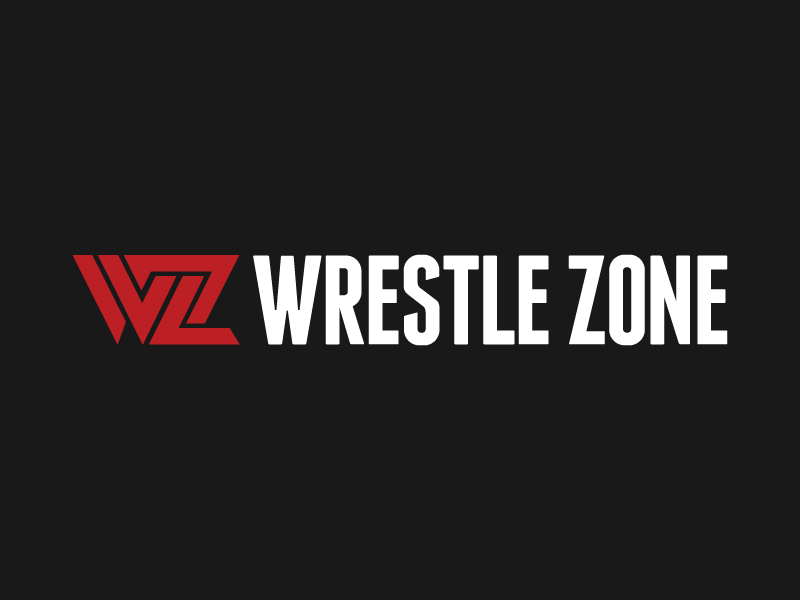The death of Playboy Buddy Rose, briefly a WWF and AWA phenomenon but primarily a Pacific Northwest headliner, brought back memories of the old system of territories.
It was also a grim reminder that wrestling has suffered greatly in that system’s absence.
Ignoring that a guy who looks like Rose wouldn’t get a chance anywhere in wrestling today, let’s imagine that Rose, instead of honing his craft for a decade in the comparative anonymity of Oregon, would have gone right to WWF (then the WWWF) as a rookie in 1973. WWWF wasn’t a national promotion but, at the time, covered a bigger area geographically than any US company.
Or, imagine Rose, as he was in ’73, debuting in WWE right now.
In the former scenario, Rose would have jobbed briefly (as, for example, Curt Hennig did), then been sent to the sticks to learn his trade. In the latter scenario, Rose’s shot at the big time would have been gone forever. He’d have been an indie circuit regular at best.
Once a guy is perceived as a bum on national TV, fans can’t un-see that. The business now is totally unforgiving.
Today’s system benefits the McMahon family, period.
The old system benefited everybody.
Top guys are always going to make big money. But there are just a handful of top guys. During wrestling’s peak (don’t kid yourself, this isn’t it, nor were the late ‘90s), there were about 15 territories. That means 15 times as many top guys, 15 times as many jobs, period. Not just wrestlers, but announcers, ticket takers, concession-stand workers and cameramen. Fifteen times as many live shows going on across the country. A lot more cash got churned.
The old system produced second chances. Those second chances produced stars. If you sucked one place, well, hopefully you learned something and did better at the next place.
Was the old product more compelling? Sometimes yes, sometimes no. Today’s product (well, WWE anyway) has more of a big-time feel. That’s its biggest edge. But creativity isn’t enhanced by size. Rose vs. Piper hit big in the medium-sized auditoriums of Oregon. Legacy, WWE’s homage to twink porn, is bombing in the big city. ECW erupted in a bingo hall. WCW killed Chicago with the “Dusty finish.”
Sometimes, one promoter would cut in on another’s territory. It was Darwinian. The strong survived. Competition is good for business if that competition doesn’t ultimately produce a monopoly.
NOTE: To read Page 2 of Mark Madden’s column, click below.







